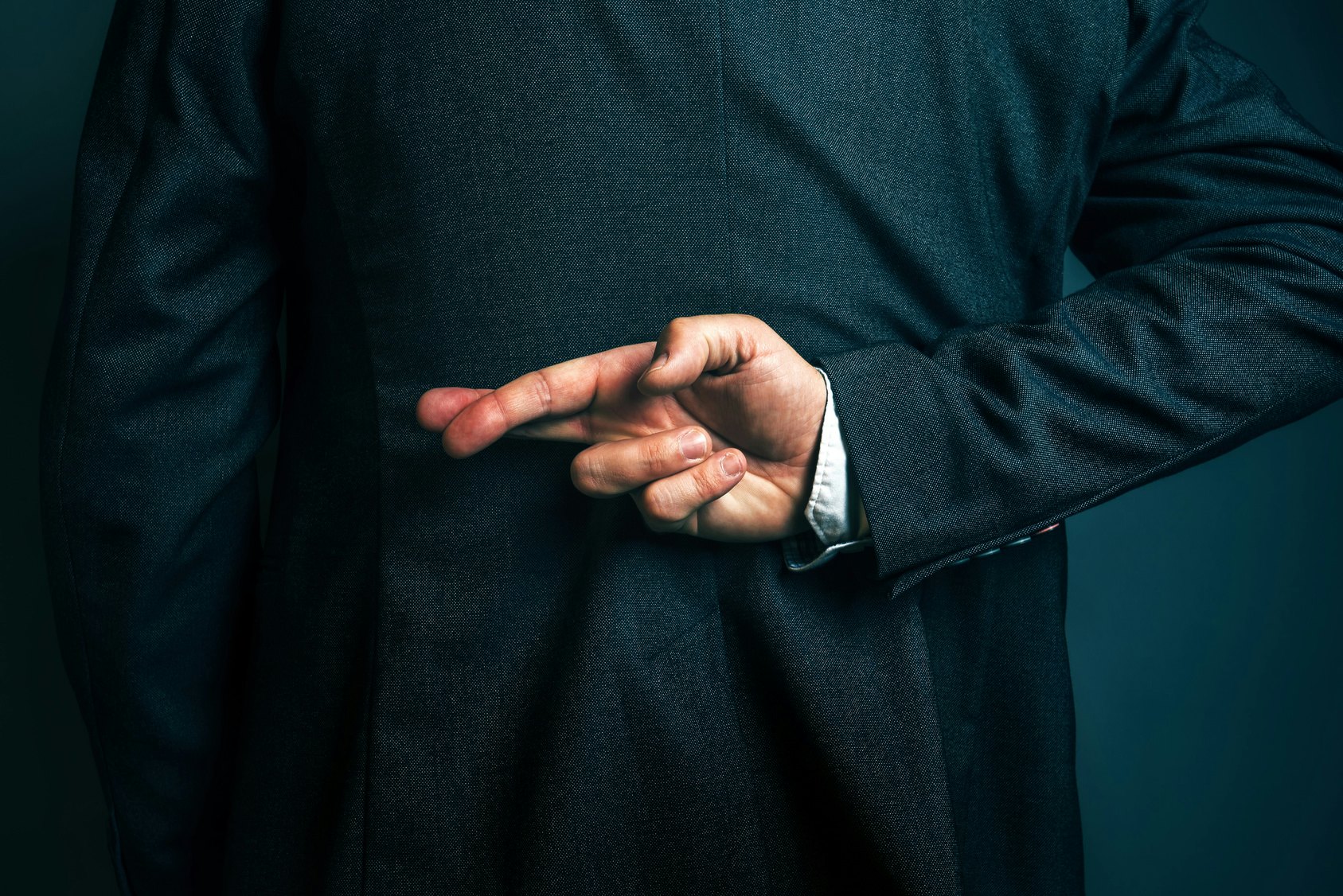
Most humans, most of the time, believe other people. (The others said they didn't know or had no opinion.) Results of a Quinnipiac University poll from November were similar: Thirty-seven percent of voters thought Trump was honest, compared with 58 percent who thought he was not.įor fewer than 40 percent of American voters to see the president as honest is truly remarkable. A Politico/Morning Consult poll from late October showed that only 35 percent of voters believed that Trump was honest, while 51 percent said he was not honest. The sheer frequency of Trump's lies appears to be having an effect, and it may not be the one he is going for.

I said 'NO' and he dropped out (said he could not win without my endorsement)." For example: "Senator Bob Corker 'begged' me to endorse him for reelection in Tennessee. The Trump lies that could not be coded into just one category were typically told both to belittle others and enhance himself. They put people probably in many cases that they don't want." And he claimed that "Ralph Northam, who is running for Governor of Virginia, is fighting for the violent MS-13 killer gangs & sanctuary cities." For example, he proclaimed that John Brennan, James Clapper and James Comey, all career intelligence or law enforcement officials, were "political hacks." He said that "the Sloppy Michael Moore Show on Broadway was a TOTAL BOMB and was forced to close." He insisted that other "countries, they don't put their finest in the lottery system. An astonishing 50 percent of Trump's lies were hurtful or disparaging. The most stunning way Trump's lies differed from our participants', though, was in their cruelty. That's a much higher ratio than we found for our study participants, who told about double the number of self-centered lies compared with kind ones. Trump told 6.6 times as many self-serving lies as kind ones. An example was his statement on Twitter that "it is a 'miracle' how fast the Las Vegas Metropolitan Police were able to find the demented shooter and stop him from even more killing!" In the broadest sense, it is possible to interpret every lie as ultimately self-serving, but I tried to stick to how statements appeared on the surface. Slightly less than 10 percent of Trump's lies were kind ones, told to advantage, flatter or protect someone else. Examples included: "They're big tax cuts - the biggest cuts in the history of our country, actually" and, about the people who came to see him on a presidential visit to Vietnam last month: "They were really lined up in the streets by the tens of thousands." Nearly two-thirds of Trump's lies (65 percent) were self-serving. Close to a quarter of his false statements (24 percent) served several purposes simultaneously.

Pathological lier code#
My colleagues and I found it easy to code each of our participants' lies into just one category.


 0 kommentar(er)
0 kommentar(er)
